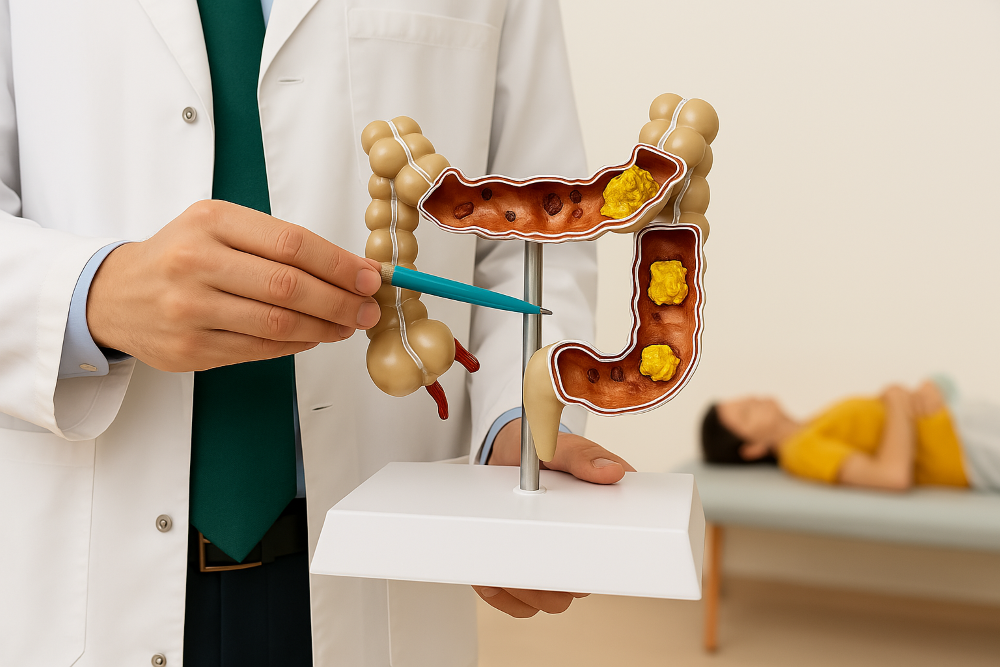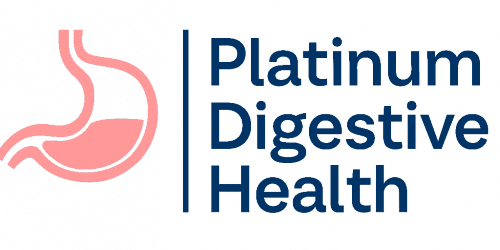Colon Cancer Screening
About one in 23 men and one in 26 women develop colorectal cancer at some point during their lifetime. At Platinum Digestive Health in Rancho Cucamonga, California, board-certified gastroenterologists Bhavesh Patel, MD, and Hussein Abidali, DO, provide colon cancer screening and treatments that reduce your chance of severe or life-threatening complications. Schedule an appointment at Platinum Digestive Health by phone or request one online today.

Various Forms of Colon Cancer Screening
A flexible tube with a camera is inserted into the rectum to detect and remove abnormalities. Lasts 30-60 minutes.
A pill-sized camera is swallowed to take pictures of the intestine as it travels through the digestive tract.
A home stool sample is tested for DNA changes and blood that may indicate colon cancer or precancerous conditions.
A CT scan produces images of the inside of the intestine to detect problems in the colon or rectum.
FAQs for Colon Cancer Screening
- Changes in bowel habits
- Diarrhea
- Constipation
- Blood in your stool
- Gas
- Cramping
- Abdominal pain
- Fatigue
- Weakness
- Unexplained weight loss
- Feeling like your bowel doesn't empty completely
- Family history of colon cancer
- Being over 50
- Previous colon cancer
- Ulcerative colitis
- Crohns disease
- High-fat diet
- Low-fiber diet
- Being sedentary
- Obesity
- Diabetes
- Alcohol
- Smoking
- Radiation therapy for cancer
